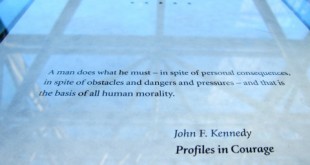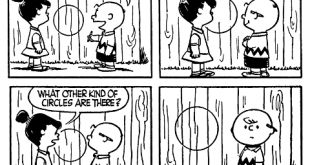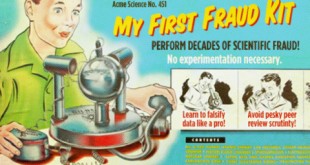What we do in life echoes in eternity Courage is a capability to confront fear, as when in front of the powerful and mighty, not to step back, but stand up for one’s rights not to be humiliated or abused in any ways by the rich and powerful. Courage is to do the right thing in spite of danger and fear. To keep on even if opportunities to turn back are given. Like in the great stories. The ones where people have lots of chances of turning back — but don’t. As when Sir Nicholas Winton...
Read More »Dani Rodrik’s smorgasbord view of economic models
Dani Rodrik’s smorgasbord view of economic models Traveling by train to Stockholm during the weekend, yours truly had plenty of time to catch up on some reading. Dani Rodrik’s Economics Rules (Oxford University Press, 2015) is one of those rare examples where a mainstream economist — instead of just looking the other way — takes his time to ponder on the tough and deep science-theoretic and methodological questions that underpin the economics discipline. There’s much in the book I like and...
Read More »Dags för synvända i statsskuldspolitiken
Yours truly och ekonomihistorikerna Lars Ahnland och Rodney Edvinsson hade i lördagens Svenska Dagbladet en artikel om behovet av en synvända i statskuldspolitiken: I normalfallet är det en risk att inflationen ökar om en stat finansierar sig genom att trycka pengar. Men i dag är högre inflationstakt inte ett hot, utan en välsignelse. Man kan likna inflationen i ekonomin vid blodomloppet hos en människa. Cirkulationen av pengar är det som håller den ekonomiska aktiviteten vid liv. Liksom...
Read More »Snart kommer änglarna att landa
Snart kommer änglarna att landa [embedded content]
Read More »Ronald Fisher and the p value
Ronald Fisher and the p value [embedded content] And who said learning statistics can’t be fun? [Actually the Ronald Fisher appearing in the video is a mixture of the real Ronald Fisher and Jerzy Neyman and Egon Pearson, but that’s for another blogpost.] For my own critical view on the value of p values — see e. g. here.
Read More »The blatant absence of empirical fit of macroeconomic models
The blatant absence of empirical fit of macroeconomic models Some months ago sorta-kinda ‘New Keynesian’ Paul Krugman argued on his blog that the problem with the academic profession is that some macroeconomists aren’t “bothered to actually figure out” how the ‘New Keynesian’ model with its Euler conditions — “based on the assumption that people have perfect access to capital markets, so that they can borrow and lend at the same rate” — really works. According to Krugman, this shouldn’t be...
Read More »My son’s absolute favourite — and mine
My son’s absolute favourite — and mine [embedded content]
Read More »The law of demand — a useless tautology immunized against empirical facts
The law of demand — a useless tautology immunized against empirical facts Mainstream economics is usually considered to be very ‘rigorous’ and ‘precise.’ And yes, indeed, it’s certainly full of ‘rigorous’ and ‘precise’ statements like “the state of the economy will remain the same as long as it doesn’t change.” Although ‘true,’ this is however — as most other analytical statements — neither particularly interesting nor informative. For the sphere of consumption goods, the law of demand is...
Read More »Keynes on the limits of econometrics
Keynes on the limits of econometrics Many thanks for sending me your article. I enjoyed it very much. I am sure these matters need discussing in that sort of way. There is one point, to which in practice I attach a great importance, you do not allude to. In many of these statistical researches, in order to get enough observations they have to be scattered over a lengthy period of time; and for a lengthy period of time it very seldom remains true that the environment is sufficiently...
Read More »The real limit of public debt
The real limit of public debt Everything we know is not just wrong – it’s backwards. When banks make loans, they create money. This is because money is really just an IOU. The role of the central bank is to preside over a legal order that effectively grants banks the exclusive right to create IOUs of a certain kind, ones that the government will recognise as legal tender by its willingness to accept them in payment of taxes … What this means is that the real limit on the amount of money...
Read More » Lars P. Syll
Lars P. Syll







